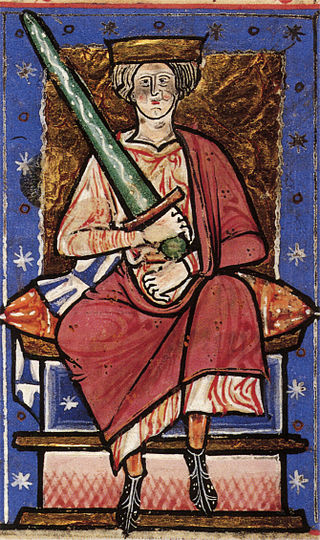
Word of the Day: Gambit
Mirriam-Webster’s Word of the Day today is gambit, which originally is a term in chess. Mirriam-Webster says, “In 1656, a chess handbook was published that was said to have almost a hundred illustrated gambetts. That early spelling of gambit is close to the Italian word gambetto, from which it is derived. Gambetto, which is from gamba, meaning ‘leg,’ was used for an act of tripping—especially one that gave an advantage, as in wrestling. The original chess gambit is an opening in which a bishop’s pawn is sacrificed to gain some advantage, but the name is now applied to many other chess openings. After being pinned down to chess for years, gambit finally broke free of the hold and showed itself to be a legitimate contender in the English language by weighing in with other meanings.”
Other meanings, then, include “a remark intended to start a conversation or make a telling point,” or a “topic,” and “a calculated move” or “stratagem.” The last definition is the one most people use today.
On this date in the year 1002, King Æthelred II of England ordered the massacre of Danish men in England. Æthelred was the king of England from 978, when he was 12 years old, until his death in 1016. He was the successor to his older half brother, Edward the Martyr, who was assassinated by supporters of Æthelred; actually, it was probably his mother, Ælfthryth, who orchestrated the murder of Edward.
During Æthelred’s reign, the English faced renewed problems from the Danes. The Danes had been a significant part of England since around 865. Following about 60 years of raids on the English coast, the Danes finally landed an army to try to take possession of England. They landed in East Anglia under the leadership of two of the sons of Ragnar Lodbrok, the legendary Viking. The Danes took over almost half of England, and fighting continued for decades. But in addition to the fighting there were long periods of peace between the two groups.
Following the Battle of Maldon in 991, a loss for the English, Æthelred agreed to pay Danegeld—tribute to the Danes. As an aside, the Battle of Maldon is also the name of a famous Old English poem, one that gives us the famous lines “”Hige sceal þe heardra, heorte þe cenre, mod sceal þe mare, þe ure mægen lytlað” [“Purpose shall be the firmer, heart the keener, courage shall be the more, as our might lessens”]. J. R. R. Tolkien wrote a poem entitled “The Homecoming of Beorhtnoth Beorhthelm’s Son” which was inspired by the Old English “Battle of Maldon.”
In 1002, Æthelred made a treaty with Duke Richard of Normandy, a deal which included Æthelred’s marrying Richard’s daughter, Emma. Perhaps feeling strengthened by his treaty with Richard, Æthelred decided to get back some of his own against the Danes. So he announced that the English were to find all the Danish men they could and kill them.
Sadly, the English killed more than just the men. In Oxford, the Danish women and children took sanctuary in the local church, so the English burnt the church down. Unfortunately for Æthelred, one of the women killed in Oxford was Gunnhild, the sister of Sweyn Forkbeard. Sweyn was not pleased, and Danish attacks on England increased. Swein actually forced Æthelred to flee to England, and he took over as king of England for a couple of years, from about 1013 until his death the next year. Upon Sweyn’s death, Æthelred returned and ruled for two more years, but after his death in 1016, his successor was Sweyn’s son, Cnut became the ruler of England. He subjugated Scotland the next year, and in 1018 he ascended to the throne of Denmark, making him the king of three nations.
Æthelred is known today as Æthelred the Unready. It makes him sound like someone who just wasn’t ready for something, perhaps for ruling, perhaps for the Danish invasions—it’s hard to say. But the nickname doesn’t really have anything to do with readiness. His Old English name, Æþelræd, means well advised. But his nickname is actually unræd, meaning poorly advised. This notion of poor advice is a common theme through medieval and Renaissance Europe. The idea was that you didn’t want to criticize the king, who was divinely appointed, so you criticized his advisors. Notable kings of England who suffered from poor advice include Edward II and Richard II, both of whom were eventually deposed by others.
The theme continues today. Oftentimes leaders of various types—in politics, in business, in sports, and even in academia—blame their relative lack of success on poor advisors. Think of how often a head coach in sports fires the coaches underneath him or her as an attempt to keep their own job. Sometimes leaders even try to keep their distance from difficult decisions or activities in order to maintain plausible deniability.
But the truth is that the leader of an organization is always, ultimately, the one responsible for the poor decisions made by himself or herself or by those beneath them. A leader who blames his or her underlings for the failures of the organization are engaging in a gambit that will prove to be no more successful than Æþelræd Unræd’s decision to kill all the Danes on St. Brice’s Day.